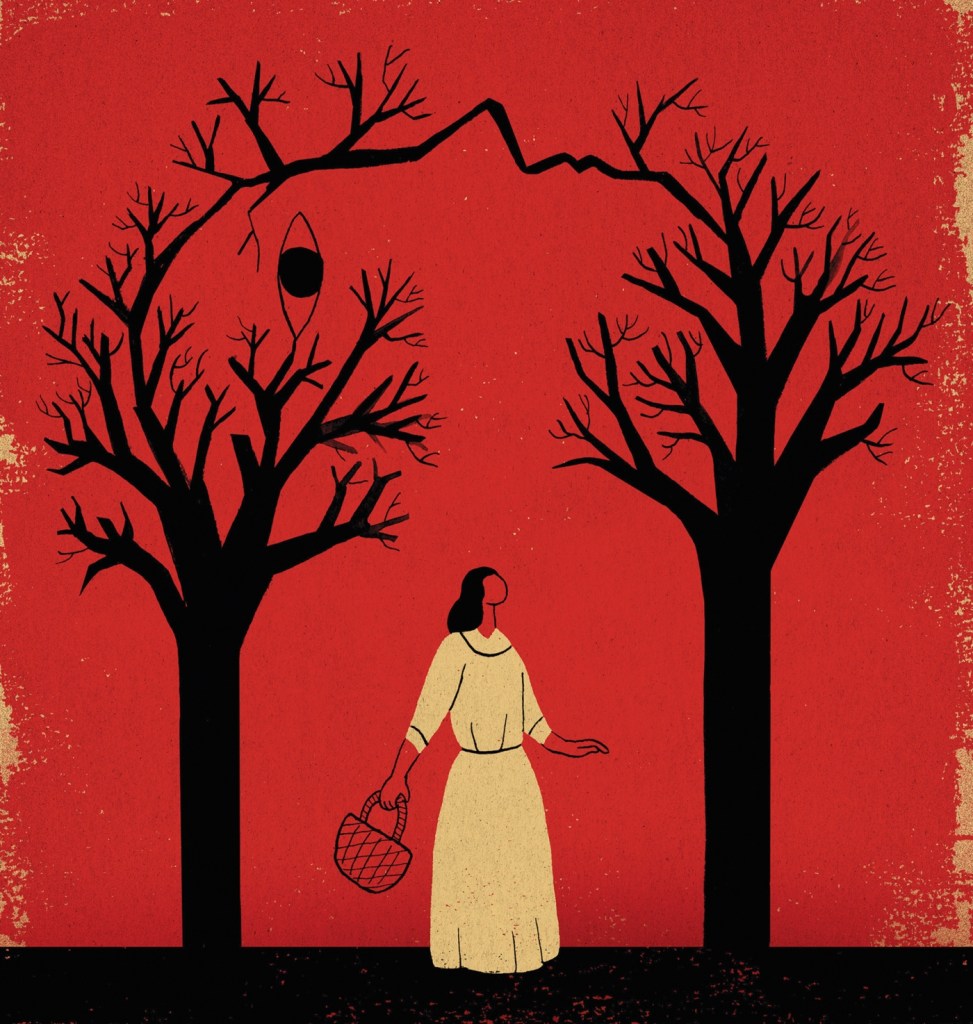Vox Populi
A curated webspace for Poetry, Politics, and Nature with over 6,000,000 visitors since 2014 and over 9,000 archived posts.
Bhikshuni Ubbiri: A Voice Calling Back
How many days and nights
did I wander the woods
calling your name?
Jiva, my daughter!
Jiva, my heart!
Late one night,
finally exhausted,
I fell to the ground.
Oh, my heart, I heard a voice say, 84,000 daughters, all named Jiva, have died and been buried here in this boundless cemetery you call a world.
For which of these Jivas are you mourning?
Lying there on the ground, I shared my grief with those 84,000 mothers.
And they shared their grief with me.
Somehow, I found myself healed —not of grief, but of the immeasurable loneliness that attends grief.
My sisters, those of you who have known the deepest loss, as you cry out in the wilderness, just make sure you stop, every so often, to listen for a voice calling back.
This verse is adapted by Matty Weingast from the Therigatha, a Buddhist text consisting of a collection of 73 short poems of women who were senior nuns. The poems date from a three hundred year period, starting in the late 6th century BCE. It is the companion text to the Theragatha, verses attributed to senior monks. It is the earliest known collection of women’s literature composed in India.
Source: Great Middle Way

Discover more from Vox Populi
Subscribe to get the latest posts sent to your email.

I will look at book at website. Thank you
LikeLiked by 1 person
Thank you for posting these poems– i was moved to research them and buy the volume from which they are selected, *The First Free Women *by Matty Weingast. Although in this post they are described as being “from the Therigatha”– and indeed Weingast’s earlier edition characterizes them as translations– in later editions he acknowledges that they are something between a translation and original poems: “An Ancient Collection Reimagined”.
I admire and enjoy this blog quite a lot, and since I have been particularly grateful to be introduced to these poems, I wanted to take the time to suggest attributing them to the author/translator directly so that others who are moved may more easily find the whole volume. Also, it may be a slight mischaracterization to refer to them as “from the Therigatha” since Weingast himself acknowledges the liminal space they occupy, which is perhaps very fitting for a dharma poem!
Thanks for the good work you do– I enjoy the offerings!
Sincerely, Sarah Nokes-Malach
LikeLiked by 2 people
Thank you, Sarah. How fascinating. My source for these poems is the website Great Middle Way, and the translator is not listed. I assumed that these were traditional translations and the translator chose to be anonymous as often is the case with Buddhist canonical works. I’ve ordered Matty Weingast’s book, and I will credit the translations in the future. — Michael Simms, editor of Vox Populi
LikeLiked by 2 people